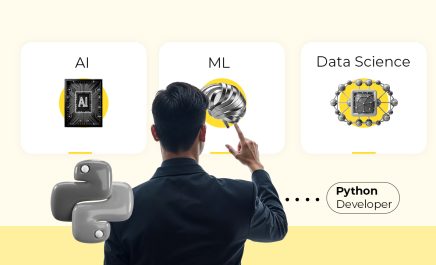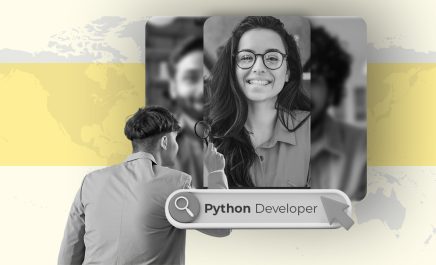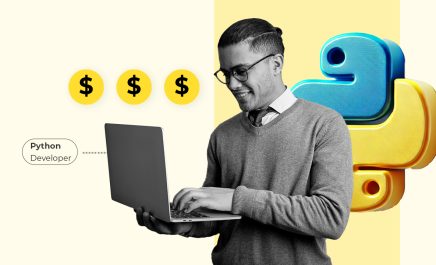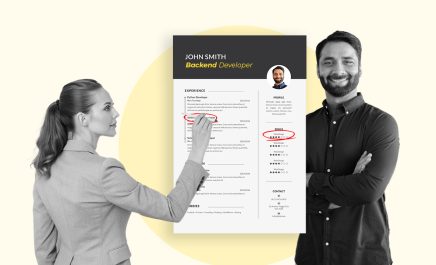Top 21 Python Interview Questions to Hire Python Developers
- Siften Halwai
- October 10, 2022
- 12 Minute Read
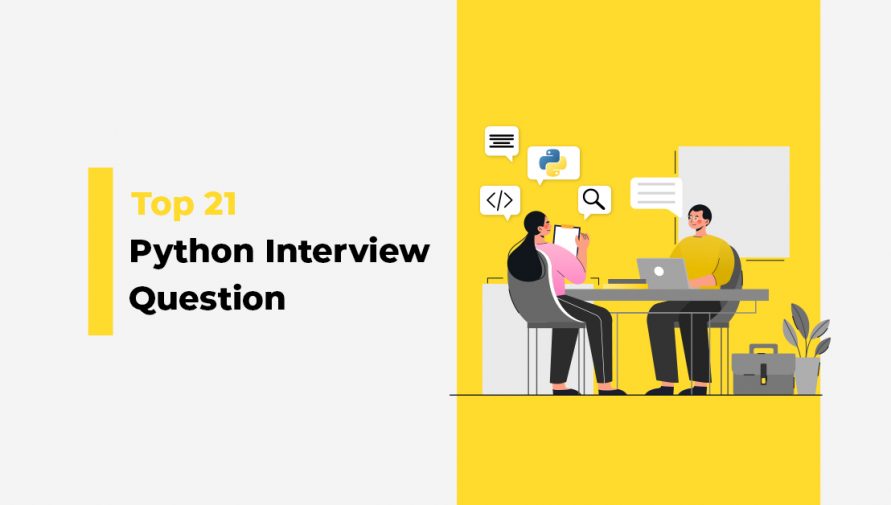
The demand for Python has surged consistently since 2018 and companies are coming up with some great Python interview questions to hire the best talent. The TIOBE index for Python has jumped from 3.78 to a whopping 15.74, and TIOBE index for Python jumped from 3.78 to a whopping 15.74, but it was also declared the language of the year in 2018, 2020, and 2021!
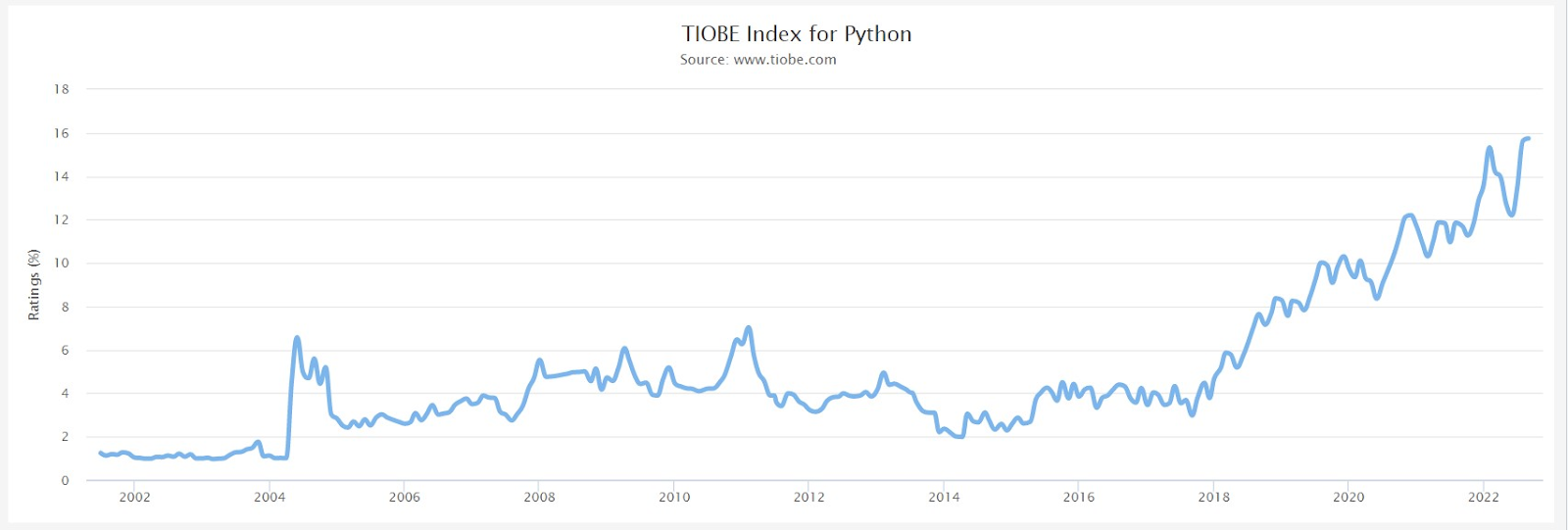
After all, it forms the core tech stack in artificial intelligence (AI), machine learning (ML), deep learning (DL), data visualization, DevSecOps, and data analytics, data science – some of the most up-and-coming technologies.
Naturally, the rising demand for the Python language also resulted in a frantic search for capable Python developers with knowledge of function in python, python write a program, and data types in python.
But before, reaching to Python developer Interview round, you must curate ideal Python developer resumes for accurate hire, check out their Python skills, and so on.
As businesses ramp up to mitigate talent shortage, using these hiring techniques including the right set of Python interview questions would play a massive role in finding the right fit for your organization.
Asked Python Interview Questions like which software is best for python programming, the importance of indentation in Python, fundamental features of Python, function in Python, and other python coding questions are some of the basic python interview questions and answers.
On that note, we are going over 21 crucial asked Python interview questions, python coding questions and answers, python programming interview questions and so on that can help you meet your final Python developer recruitment goals.
Why Do You Need a Python Interview Question Guide to Hire the Right Talent?
Before we hop right into the Python interview questions, allow us a moment to explain the why behind them.
After all, you might already be itching to know the relevance or the importance of the Python developer interview questions that we’re about to discuss. Python programming questions are the best beforehand list any recruiter or employee ever has. It helps you to gain an understanding of basic python developer skills and majorly the developer has adequate knowledge of how to write a program.
There are major highlights on Python developers for why you should hire them for the tech business.
As talent management experts, we have held our fair share of frequently asked Python interview questions. And in our experience, Python interviews including Python interview questions and answers are often a make-or-break situation that plays a clinching role in recruitment.
You are not just focusing on the candidate’s technical skills or soft skills but getting a top-level overview of every Python developer key skills like their subject matter knowledge, ability to comprehend and articulate, personality, and logical and analytical abilities.
As such, having the right set of Python interview questions at hand will ensure that everything you ask is deliberate and serves a well-defined purpose.
In simple words, Python interview questions make every interaction count, which maintains the efficiency and efficacy of your efforts in the recruitment cycle.
So, now that you understand the reasoning behind maintaining a list of Python interview questions, let’s explore the ones that matter!
Further in your reading, you’ll explore Python mid-level interview questions, python interview questions for experienced, and Python interview questions for freshers.
Top Python Interview Questions to Ask While Hiring
Not all Python interview questions are alike. Obviously, the Python junior developer interview questions would be vastly different from that of senior Python developer interview questions since their Python developer skills also differ.
Similarly, the Python backend developer interview questions would not be the same as the ones you ask a front-end developer. Cause Python is the major programming language as per the TIOBE index python tech interview questions consist of basic questions on python that will ultimately help the recruiters to choose the right one!
Hence, we have classified our list of top Python interview questions based on skill and expertise for three levels: entry-level, mid-level, and senior-level. With this in mind, let’s check them out one by one.
Entry-Level Python Interview Questions
Someone who is eyeing an entry-level position as a Python developer must have a clear idea of Python’s syntax structures and how they vary.
They should also have a fair amount of knowledge of the different algorithms, data types in Python, object-oriented programming, functions in Python, and data structures. Data structures form the basic part of any programming. Using the right data structures in Python, one can optimize space as well as time complexity. Accordingly, you can base your Python interview questions along these lines.
Here are ten entry-level Python interview questions that can get you started:
#1 What are Some Fundamental Features of Python?
This Python interview question explores the very basics of the Python programming language. It is most likely similar to python basic interview questions and answers.
Some key features that you must seek in the answer are:
- Open-Source: Python is free to download, and since the source code is publicly available developers can also share it at no cost.
- Easy to Learn and Read: It is a developer-friendly language that follows a simple syntax, which makes it easy to learn, read, and code.
- Interpreted: Python executes line-by-line, as such, there is no need to compile it.
- Object-Oriented: Python is an Object Oriented Programming language. Inheritance, Class, Object, Polymorphism, and encapsulation in Python make it different from the functional programming language.
Encapsulation in Python ensured the wrapping of data and methods together. Python also supports multiple inheritances. Multiple inheritances ensure a class in Python can inherit from more than one base class. Let’s checkout the output of the following.
Example of Multiple Inheritances-
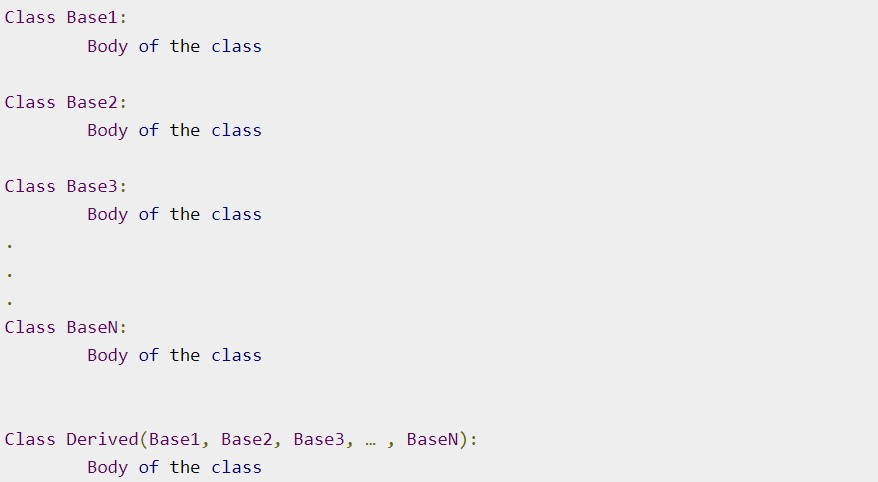
- High-Level: Python Developers do not have to remember the system architecture or manage the memory.
- Portable: It is a highly portable language as it is platform-independent.
- Integrated: It is possible to integrate Python with other languages like C, C++, etc. This characteristic also makes it extensible.
#2 What are Python Modules? Name Some Popular Ones.
Python Modules are files containing executable Python codes. Breaking down a monolithic code into smaller units makes it modular, readable, efficient, and easier to debug.
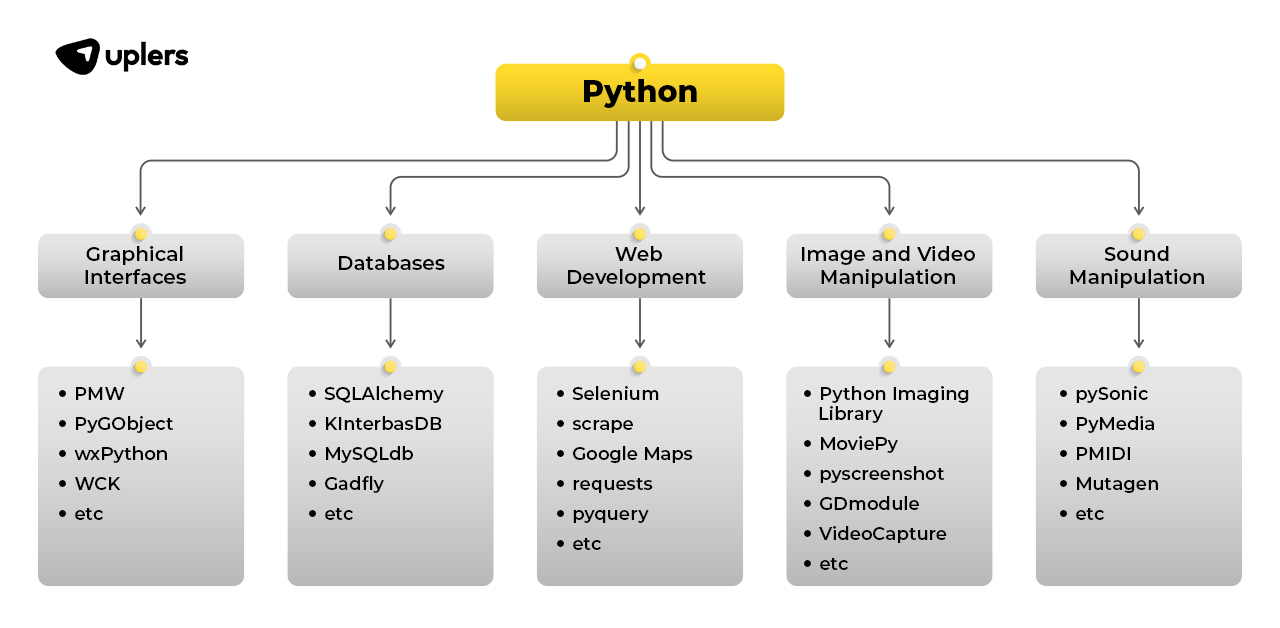
Some commonly used Python modules include:
- PMW, PyGObject, wxPython, WCK, etc. – for graphical interfaces
- SQLAlchemy, KInterbasDB, MySQLdb, Gadfly, etc. – for databases (focus: Python backend developer interview questions)
- Selenium, scrape, Google Maps, requests, pyquery, etc. – for web development (focus: Python front-end developer interview questions)
- Python Imaging Library, MoviePy, pyscreenshot, GDmodule, VideoCapture, etc. – for image and video manipulation
- pySonic, PyMedia, PMIDI, Mutagen, etc. – for sound manipulation
- Numpy, SciPy, Pandas, Matplotlib, etc. – for data science and mathematical computations
- Pygame, pyOpenGL, Pyglet, etc. – for game development
The answer to this Python developer interview question can be modified depending on your project requirement.
#3 Is Python Case-Sensitive?
Yes, Python is a case-sensitive language, which means that it treats uppercase and lowercase levels differently. This Python interview question will let you know if your Python developer can differentiate between variable a and variable A.
#4 What is the Importance of Indentation in Python?
Indentation is more than a cosmetic or readability feature of Python, it is a core concept that will return a failure statement when not followed.
It utilizes four spaces to separate blocks of code and helps developers specify a block within a class, function, or loop.
#5 What is the Use of Break, Continue, and Pass?
This Python interview question will shed light on the developer’s ability to work with loops. The primary use of these statements is given below:
- Break: Terminates the loop and moves to the next statement.
- Continue: Rejects the subsequent statements of a loop and reverts the control to the top.
- Pass: Bypasses a block of code that is needed for syntax purposes.
#6 How Would You Define Python Literals? Can You Share a Few Examples?
Once again, this Python developer interview question tests the fundamentals of Python. A literal is a direct and simple form of expressing a value.
Some common Python literals include:
- String literals: A series of characters or text wrapped in a set of single, double, or triple quotes. Eg: “Hello”
- Numeric literals: Unchangeable numbers that can be categorized as integer, complex, or float. Eg: 5 (integer), 8i (complex), 3.14 (float)
- Boolean literals: Indicating ‘0’ (false) or ‘1’ (true)
- Special literals: Signifies that a particular field is not created. Eg: ‘None’
#7 Can You Explain What a Namespace is?
Namespace in Python refers to the naming system used in Python to ensure that every object receives a unique name. It is implemented through the Python dictionary.
Some common namespace in python is:
- Global namespace: It stores the names of the imported modules that are in use. It is formed when the module is added and is discarded once the script is complete.
- Local namespace: It stores the local names of functions. It is invoked when a function is called and lasts with the function.
- Built-in namespace: It contains built-in functions and exceptions.
#8 What is the Difference Between Python Scope and Namespace in Python
The concept of scope in Python is closely related to the concept of the namespace. As you’ve learned so far, a Python scope defines where a name appears in your Python program.
Python scopes work as dictionaries that map names to objects. These dictionaries are popularly known as namespaces. These are the conceptual mechanisms that Python uses to store names.
Names at the module’s top level are stored in the module’s namespace. In other words, they are saved in the . dict__ attribute of the module.
Look at the output of the following:

#9 Define the Interpreted Language
An Interpreted programming language executes its code line by line. Python, Javascript, R, PHP, and Ruby are all examples of interpreted programming languages.
Programs written in an interpreted language execute directly from the source code, with no compilation step in between.
#10 Define Scope in Python.
Every object in Python has its own scope. In Python, a scope is a block of code where an object remains relevant.
All objects within a program are uniquely identified by namespaces. These namespaces, however, have a defined scope, enabling you to use their objects without any prefixes.
Here are a few examples of Python scope created during code execution:
- A local Python scope available in the current function is referred to as local scope.
- A global Python scope refers to the objects that have been available throughout the code execution since their inception.
- A module Python scope refers to the global objects of the current module that are accessible in the program
- An outermost scope covers each of the program’s built-in names.
Asking such questions while hiring Python developers can genuinely help you meet the right and most skillful candidates.
Mid-Level Python Interview Questions
A mid-level Python developer will have some amount of experience and practical exposure to Python and its modules in python.
You can accordingly curate the mid-level Python questions and answers according to the profile against which you are hiring.
We have seven such mid-level Python interview questions that can get the ball rolling.
#11 What Do You Understand by PYTHONPATH?
PYTHONPATH is an environment variable that developers use to add (and maintain) additional directories without installing them in the global default location.
It achieves this by creating additional folders to the sys.path directory list of program in Python where it can look for modules and packages.
#12 Have You Used the Re Module? What are the Three Main Functions Available in it?
Re (Regular Expression or RegEx) is a built-in module that helps with expression matching and contains three main functions. These are:
- sub(): It evaluates patterns and calls a method for every regex match to replace it.
- subn(): It functions like sub() but returns a tuple having a count of a total of all substitutions, along with the new string.
- split(): It generates regex matches after breaking down the string along the defined separator.
This Python interview question would be super helpful if you are looking to define search patterns while extracting data from text.
#13 What Do You Mean by Iterators in Python?
Iterators are objects that contain countable values that can be iterated upon, namely, lists, sets, tuples, and dicts. This means that you can traverse through the different values, and it will remember its state at various points.
It is initialized using iter() and uses the next() method for iteration to the next element. The object__next__() puts an end to the iteration by returning the StopIteration exception.
#14 Python Lists vs. NumPy Arrays – What Do You Prefer?
This Python developer interview question sheds light on their coding style.
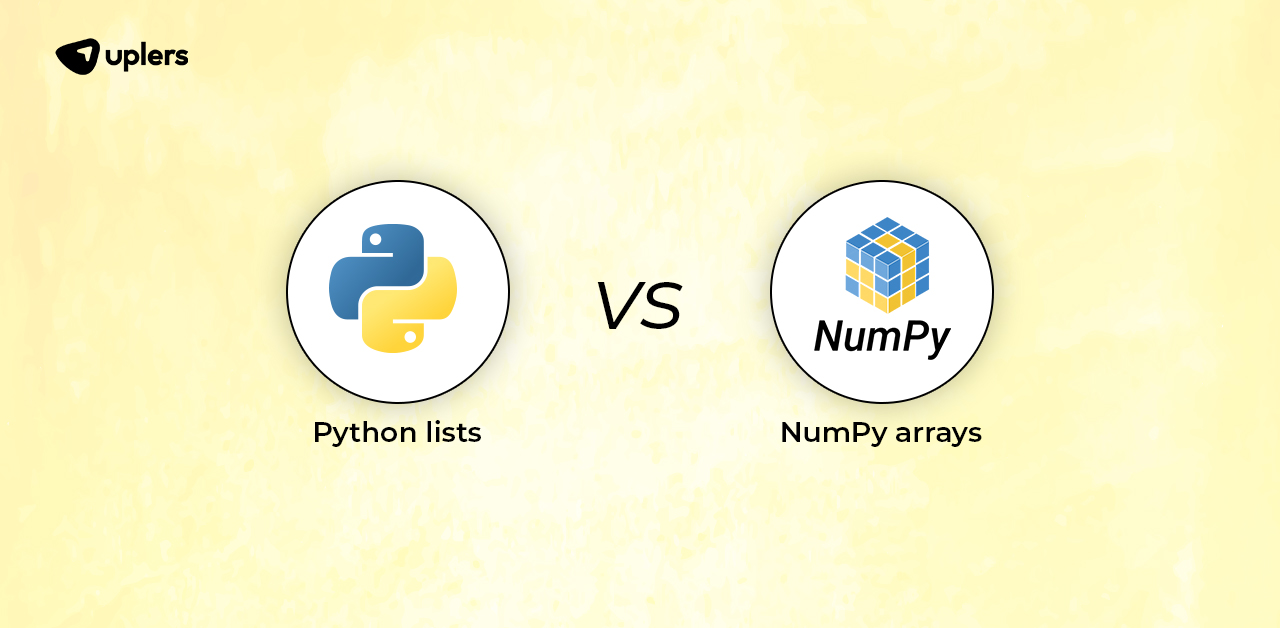
Python list is an ordered and changeable collection that is written within square brackets. The list can be homogenous or heterogeneous.
It is one-dimensional by default and can be nested to form N dimensions. They come with benefits like concatenation, item deletion, item insertion, or appending.
NumPy or NumPy array is a Python module that supports the use of arrays for advanced mathematical computations.
You can use it to create N-dimensional arrays that are homogenous by default. It comes equipped with several functions, methods, and variables in python for effortless matrix computation.
While answering this Python interview question, the candidate should display an inclination toward NumPy array as they are far faster and more efficient and utilize minimal code.
#15 Can You Explain Monkey Patching in Python?
Monkey patching refers to the dynamic editing of a class or module during run-time, which changes the code behavior.
#16 Please Highlight the Differences Between Flask, Django, and Pyramid.
Flask, Django, and Pyramid are three extremely popular Python libraries. Here are a few talking points that the answer to this Python interview question must cover:
- Flask is a micro-framework having fewer requirements, while Django and Pyramid are large-scale Python frameworks.
- Flask is typically used to develop small applications whereas Django and Pyramid are used to build more complex applications.
- Pyramid is far more configurable than Django.
- Django relies on the model-view-controller (MVC) architecture and includes an ORM.
#17 Have You Used Python Documentation Strings?
This Python developer interview question will lend insight into the coding practices followed by the candidate. Python is an interpreted programming language that requires a developer to learn Python code, Python data types, and strings. We are going to discuss string in Python.
Python documentation strings (or docstrings) are essentially comments assigned to modules, classes, functions, and methods. They make use of triple quotes rather than hashtags and are not executed.
The use of Python documentation strings indicates adherence to the best Python development practices.
Senior Python Developer Interview Questions
When hiring senior-level Python developers, you must assess their ability to visualize Python code as a part of a larger project.
They must also have some familiarity with front-end and back-end technologies. We have compiled seven excellent Python senior developer interview questions to ask an aspirant.
#18 Explain Pickling and Unpickling in Python.
Pickling pertains to the serialization of Python objects into a string (or any other format) so that they can be persisted on storage or transmitted through a network.
Unpickling refers to the restoration of pickled string into the original object.
#19 Compared to Java, How is Exception Handling Differently in Python?
Python follows a try-except approach, which allows developers to view the error in the code without terminating its execution.
In some cases, it may even suggest ways to resolve the problem. Python follows two types of try-except, namely, try-except-finally and try-except-else.
#20 What is the Process of Writing Functions in Python?
Developers can create functions in Python by following the steps below:
- Declare the function by entering the keyboard def followed by its name.
- Write the arguments within the open and close parentheses of the function and end it with a colon.
- Add the program statements that will be executed when the function is called.
#21 How Would You Programmatically Check the Python Version in Use?
The developer can check the Python version using the sys module. The code for this would be:
import sys
print(sys.version)
Here Are Some Bonus Python interview questions For You
#22 How Can You Generate Random Numbers in Python?
Python supports several functions to generate random numbers, some of these are:
- random() – generates a floating point number between 0 and 1.
- uniform (X, Y) – generates a floating point number between X and Y.
- Randint (X, Y) – generates a random integer that lies between X and Y.
#23 Can You Differentiate Between Wheels and Eggs?
While this Python interview question sounds bizarre to a layperson, a capable Python developer would jump at this opportunity to explain how Wheel and Egg packaging formats bypass the compilation of install artifacts.
The key differences between the two include:
- The wheel is newer and is a standard recommendation for Python developers.
- The wheel is used for packaging (distribution), while Egg is used for distribution and installation.
- Wheel specifications have been versioned while Egg specifications have not.
- Wheel requires PEP-376 compliance whereas Egg does not have an official PEP and uses egg.info.
- Wheel enjoys robust naming conventions while Egg has limited naming conventions.
#24 What is PEP8? Do You Think it is Worth Following?
PEP or Python Enhancement Proposal is a document explaining the latest key features of Python introduced and standard practices recommended for Python. The latest PEP document is the PEP 693 released in May 2022.
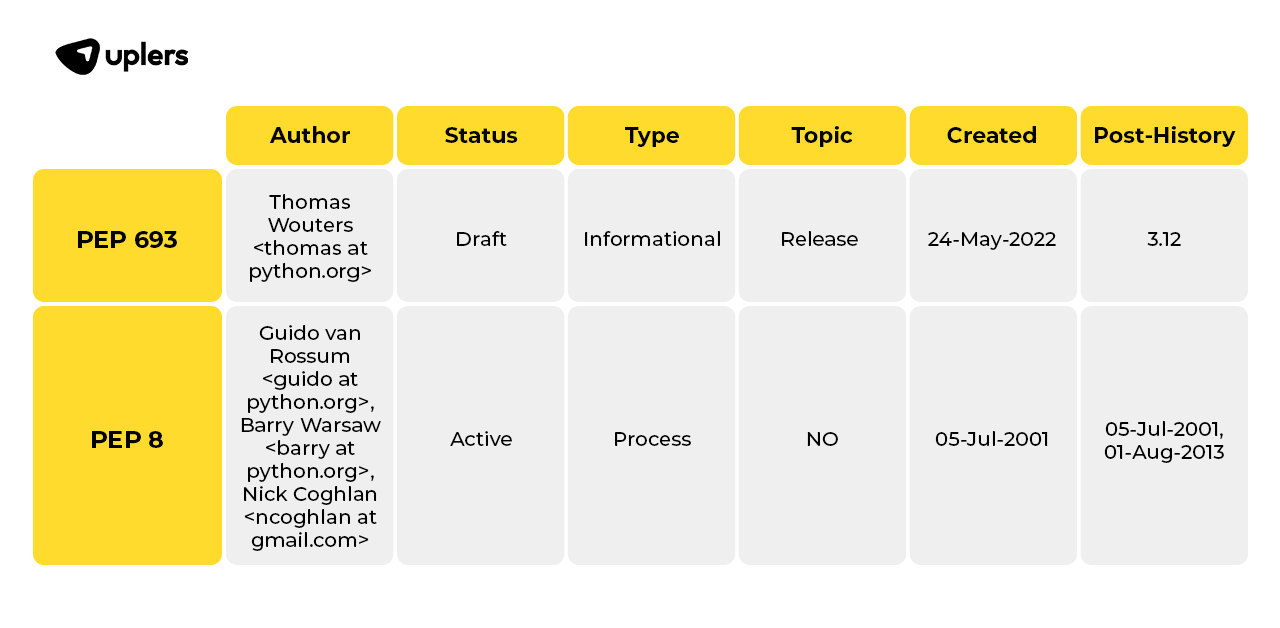
PEP 8 is a style guide created in 2001 to codify Python development to make it more readable, manageable, and consistent. The answer to the second half of this Python interview question should be a resounding yes.
Want to Avoid Hassles While Hiring Python Developers?
While the above Python interview questions and python interview coding questions sure do help streamline the process, hiring Python developers is a lot of work.
There are a few more Python developer interview questions that you can ask like- the difference between python arrays and lists, lambda function, python built in data types, global variables in python, empty class in python, dataframes in pandas, and so on.
The transition from sourcing to technical assessment using python technical interview questions to interviewing can be quite demanding and resource intensive.
Fortunately, help is right around the corner! If you are looking to dip into pre-vetted, readily available talent on hire then Uplers can help.
Share your requirements with us and we will forward developer profiles accordingly. All you need to ready with python viva questions and the Python interview questions above to find the perfect developer that you need!

Thank you for submitting the details!
We will keep your information safe. Feel free to contact us with any questions at hello@uplers.com
Please check your email for next steps shared by Robert.
